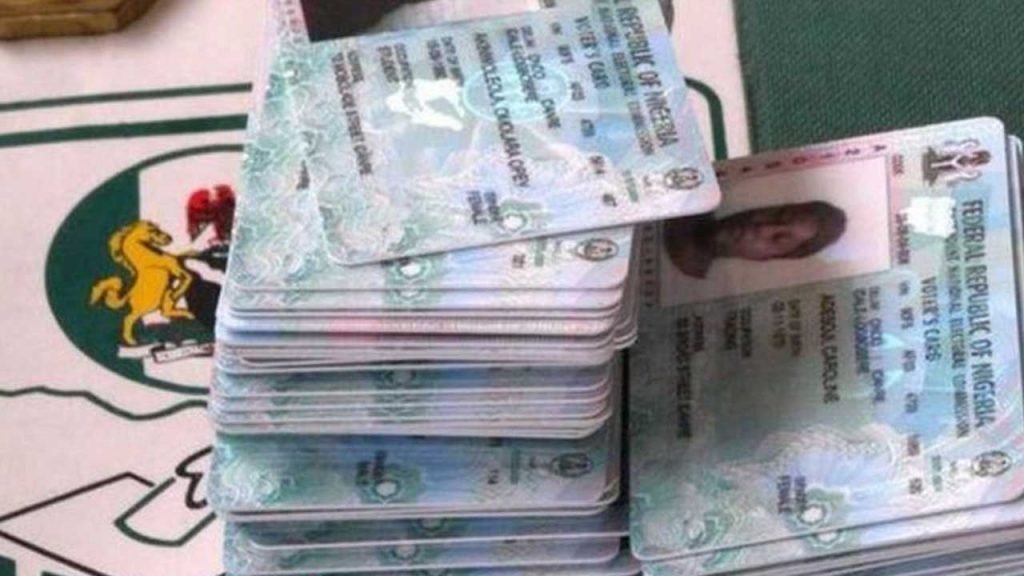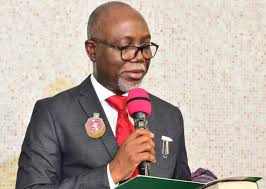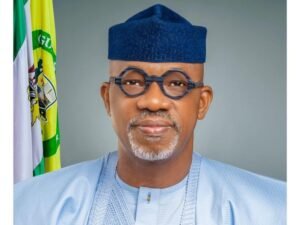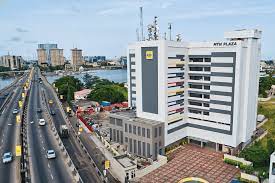
As the Continuous Voter Registration (CVR) exercise deadline comes to an end this Sunday, experts in the country have said that the registration of eligible voters should be flexible and routine to mitigate the pressure of many registrants in the country.
The Independent National Electoral Commission (INEC) had, last Wednesday, declared that it would not entertain a further extension of the exercise, stressing that there are other processes involved in delivering the Permanent Voter Cards (PVCs) for those that registered for the 2023 general elections.
INEC Resident Electoral Commissioner for the Federal Capital Territory (FCT), Alhaji Yahaya Bello, who disclosed this at a conference, said all CVR activities, except the collection of already printed PVCs, would be suspended on Sunday, July 31.
Bello noted that the extension of the deadline to July 31 and the closing hours to 5:00 pm daily, Saturdays and Sundays inclusive, was to ensure that those who suddenly realised the need to register and obtain PVCs at the last hour of the yearlong programme were accommodated.
The FCT REC further disclosed that some of those rushing to register were double registrants, saying the number of invalidated registration is alarming, adding, “a lot of people have registered in one or two registration centres. They will get nothing by doing so, whatever their intentions were because at the end of the day, they will be declared as people without PVC at all.
“Any double or triple registration is null and void, we will go through our machines after these exercises and clean our register so that we can come up with the list of people who genuinely are going to in 2023.”
But investigation showed that it would be impossible for INEC to register every eligible voter due mainly to the hiccups engendered by the rush by intending voters to get registered.
Reacting to the development, a lecturer at the Baze University, Abuja, Dr. Arthur Martins-Aginam, said INEC should not make voter registration a periodic affair.
He said voter registration, just like birth registration, should be made flexible and continuous so that, as people attain voting age, they can go to the nearest office to get registered.
Martins-Aginam also said technology should be deployed in the process to avoid extensive human contact that gives rise to sharp practices or cumbersome delays.
THE INEC register for the 2019 general elections had 84,004,084 voters. Breakdown of the register showed the North West had the highest number of registered voters at 20,158,100 or 24 per cent of the total registered voters.
The South West came second with 16,292,212 registered voters or 19.39 per cent, while the North Central had 13,366,070 registered voters or 15.91 per cent and the South-South registered 12,841,279 or 15.29 per cent of the total.
The North East and the South East regions come last with the total number of 11,289,293 or 13.44 per cent and 10,057,130 voters or 11.97 per cent, respectively.
INEC had extended the initial June 30 deadline for the ongoing exercise by four weeks to end on July 31.
Some states have, at various times, declared work-free days to enable workers to obtain the voter’s card.
Also, many churches had variously mandated their congregants to participate in the exercise with some of them barring members without voter’s cards.
According to INEC in its CVR Update Quarter 4, Week 15 as at 7:00 am, Monday, July 25, 11,011,119 registered to obtain the voter’s card.
Out of the total, 7,619,179 had completed physical registration while 3,391,940 had done online registration.
Details of the completed registration show that Lagos leads other states with 508,936 registrants followed by Kano, Delta, Rivers, Kaduna and Bayelsa states.
Though Kano with its 14,253,549 people, according to the 2020 Demographic Statistics Bulletin of the National Bureau of Statistics (NBS), is ahead of Lagos, whose population stood at 12,772,884, the state lags behind Lagos with over 8,000 voters, according to the INEC’s data. The completed registration for the state stood at 500,207 by Monday morning.
Delta, which stands third on the INEC chart, registered 481,929 new voters, in spite of its total population standing at 5,307,543, according to the NBS. The state recorded figures higher than many northern states with more populations.
Katsina, with 9,300,382 people, according to NBS, recorded only 283,470 completed registration. Niger, whose population was projected at 6,220,617, registered 330,453 while Sokoto, with 5,863,187 people had 293,152 completed registration.
Kaduna, with 8,324,285 lagged behind Rivers, which registered 436,459 voters from its 7,034,973 people, as against Kaduna’s 417,427 new registrants.
Bayelsa, with a population standing at 2,394,725, registered 416,519 voters, way above Plateau (323,960 out of 4,400,974), Sokoto (293,152 out of 5,863,187) and Adamawa (232,525 out of 4,536,948). States with the least number of completed registration were Imo (166,835), Yobe (134,002) and Ekiti (124,844).
The Southeast region still lag behind other zones in the exercise. Last week, July 15, precisely, the figures released by INEC indicated that the region had registered a little above 10 million voters. The figure is far behind the Northeast, which, as of that date, had recorded over 11 million voters.
The figures, according to the Commission, included Abia, 1,932,892; Anambra, 2,447,996; Ebonyi, 1,459,933; Enugu 1,944,016 and Imo 2,272,293.
investigation showed that more people turned up for registration after the initial deadline by the INEC was extended, amid complaints of the inadequacy of the registration machines and demand for more machines.
Indeed, inadequate registration machines and several other including, attacks by hoodlums at the registration centres have continued to challenge the exercise in the Southeast.
While some youths have staged protests at INEC offices to call attention to the infractions, incessant attacks by hoodlums had forced the commission to stop the exercise in some areas.








